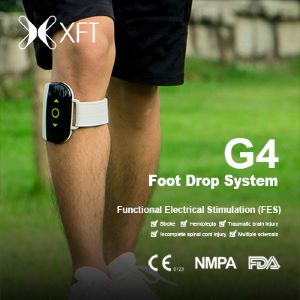Matthew Durand, PhD., FAHA, FCVS
Assistant Professor
Medical College of Wisconsin
Matthew Durand, Ph.D., completed his PhD in Dr. Julian Lombard’s laboratory at the Medical College of Wisconsin, where he examined the effects of dietary salt intake on middle cerebral artery function in designer rat strains and learned in vitro techniques to study microvascular function. He joined Dr. David Gutterman’s laboratory with the goal of learning techniques to assess changes in human vascular function in athletes vs. non-athletes, as well as in humans with cardiovascular disease. During his fellowship, Dr Durand became proficient in measuring conduit artery flow mediated dilation with ultrasound and in using gluteal fat biopsy samples from research volunteers to examine microvascular function. In 2013, he began a multidisciplinary collaboration with Dr. Allison Hyngstrom from Marquette University to examine the relationship between reduced peripheral blood flow and increased neuromuscular fatigue in individuals with chronic stroke, and this project was awarded an NIH R21 Award in 2014. Their group was the first to quantify the hyperemic blood flow response to muscle contractions in the legs of stroke survivors, and they discovered that reduced blood flow to the paretic leg during muscle contraction was strongly correlated with reduced leg strength and poor motor control. This project led to the successful funding of a KL2 Mentored Career Development Award in 2015 on which Dr. Durand was the Principal Investigator.
The project outlined in Dr. Durand’s KL2 Award examined the effects of an easy to administer, non-invasive intervention, called ischemic conditioning (IC), on motor, neural and vascular function in chronic stroke survivors. Critically, this project took a multidisciplinary approach to examine the effects of IC on neural and cardiovascular plasticity post-stroke, and they have subsequently shown that IC can improve functional leg strength, walking ability, and cardiorespiratory fitness in this patient population. This KL2 award led to successful funding of an NIH R01 award that Dr. Hyngstrom and Dr. Durand are Co-PI’s on that will examine the effects of combined IC and treadmill training on walking speed, motor function and cardiorespiratory fitness in chronic stroke survivors.
Poster(s):
-
Wednesday, November 1, 20235:50 PM - 5:56 PM

.jpg)
